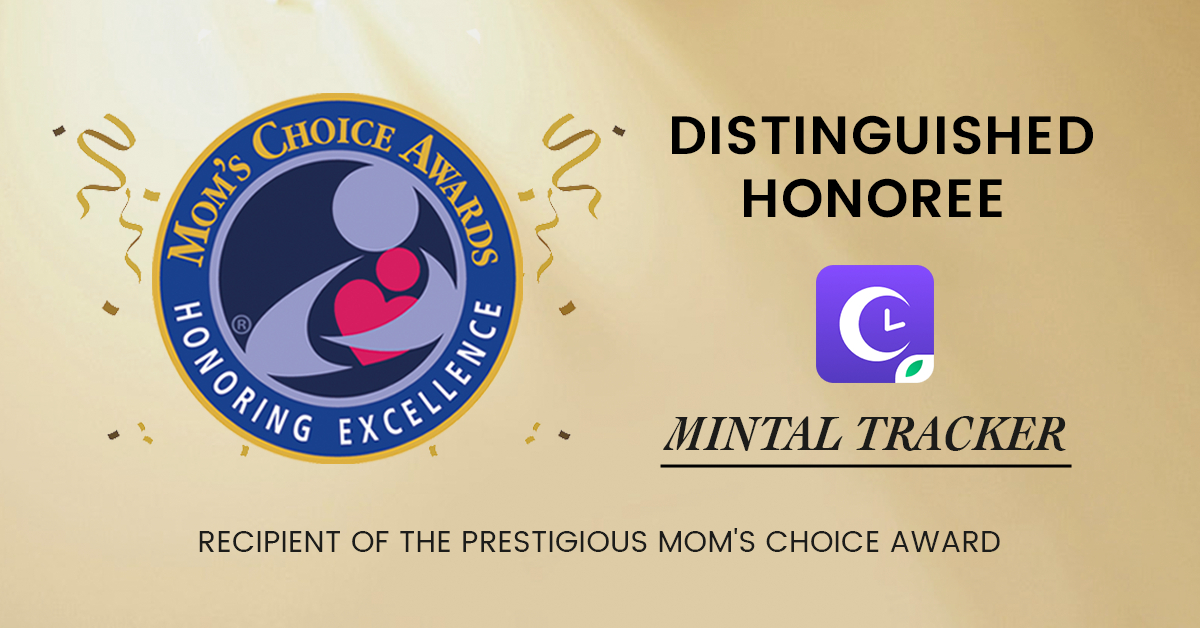*As an Amazon Associate I earn from qualifying purchases. This post contains affiliate links. If you want to buy sth related to health, lifestyle, daily necessities, you can get products at:https://amzn.to/4b4NAiT
Have you noticed your baby snoring at night? If so, you might be wondering when it’s normal to notice newborn snoring or a child breathing loudly during sleep and when may it be a sign of a larger health issue.
Is It Normal for Babies to Snore?
Occasional snoring is normal for babies and can be adjusted by changing sleeping positions or by patting their backs. But if snoring is chronic, consult your healthcare professional. Babies may have some kind of mucus buildup because it acts as a sort of barrier to anything dirty, so it’s an extra line of defense! This is the most common cause of snoring in newborns and older babies.

What Causes Newborn Snoring?
There are many reasons for snoring in babies:
1. Small Chin
Micrognathia is because the chin is too narrow, causing the mandible to retract inward, compressing the upper airway, resulting in snoring. Micrognathia has obvious symptoms, usually with wide eye distance, and is often diagnosed in the neonatal period. .
2. Tonsil hypertrophy
Frequent colds will make the tonsils inflamed and enlarged, and allergic rhinitis patients are also prone to such symptoms after one or two years of age. Snoring will naturally slow down if the cold or allergic rhinitis symptoms are cured in time.
3. Abnormal structure
Congenital structural abnormalities of the nasopharyngeal tract can also narrow the upper airway. If snoring affects life and sleep, timely surgical treatment is required.
4. Adenoid hypertrophy
Adenoid hypertrophy in the nasopharynx can also cause snoring. Adenoid hypertrophy is a normal physiological phenomenon in young children, and most of them will shrink with age. Adenoids are lymphoid tissues located in the nasopharyngeal cavity. They will grow rapidly after the age of three or four, and will not subside until before puberty.
During the period of rapid growth, adenoids will become hypertrophic, and young children are especially prone to nasal congestion when they have a cold. Symptoms also affect the airflow during sleep. If the adenoid hypertrophy causes long-term nasal congestion or severe snoring or even combined with other diseases, such as otitis media and sinusitis, you can consider doing adenoidectomy.

Solution to Newborn Snoring
You may find that your baby’s snoring affects not only their sleep, but yours too. Here are some ways to help you care for your snoring baby.
1. Humidified Air and Allergen Control
Before putting your baby to sleep, you can give them a hot bath or shower. Humidified air helps relieve and unclog nasal secretions, allowing your baby to sleep more comfortably.
Keep your baby’s room clean and well ventilated.
2. Hosing
If your pediatrician agrees, you can rinse your baby’s nose with a hose to help them breathe easier. You can also use a nasal aspirator to gently aspirate excess secretions.
3. Change baby’s sleeping position
Your baby’s sleeping position may trigger snoring. Studies have shown that babies who sleep on their stomachs are more likely to snore than babies who sleep on their sides. The latter usually sleep more peacefully.
How to Prevent Your Baby from Snoring?
1. Balance the baby’s diet.
2. Help the baby to enhance physical fitness and reduce the chance of upper respiratory tract infection.
3. Help the baby to clean up the secretions such as nasal mucus in time and keep the nose relatively unobstructed.
4. Try to let the baby sleep on the side while sleeping.
5. Train your baby to take deep breaths and smile often.
Conclusion
When to seek additional help? If your baby snores 4 nights or more in a week, we recommend seeing your GP or pediatrician for further evaluation.
Do you want to know if you and your baby are getting a good night’s sleep? Try Mintal Tracker App to assess your sleep quality.






